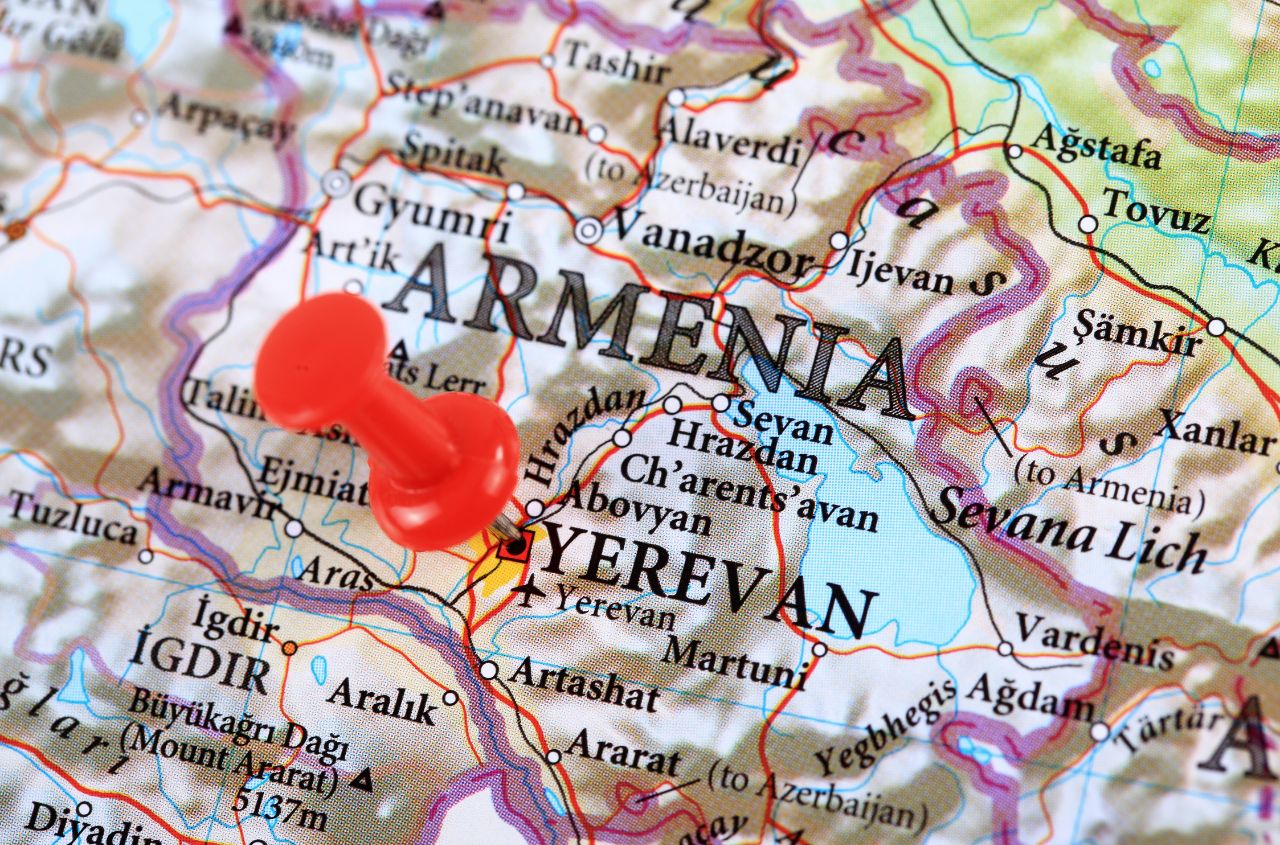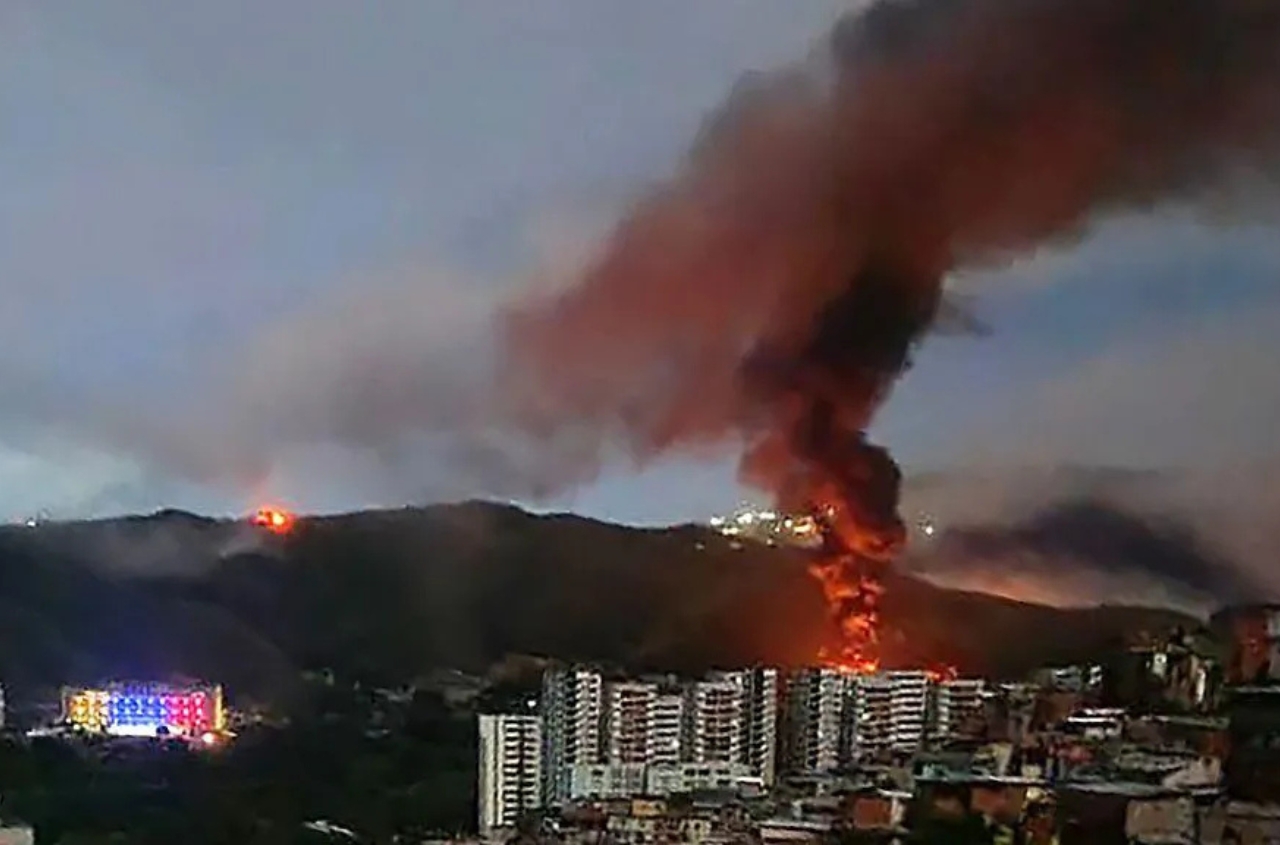Russia has initiated an early disinformation campaign aimed at Armenia’s parliamentary elections in June 2026, according to a report by NewsGuard published last week, as reported by FDD.
Since April, Kremlin-linked networks have been spreading false content across multiple platforms to undermine trust in Armenian democratic institutions, discredit pro-Western Prime Minister Nikol Pashinyan’s government, and create instability that could help pro-Russian forces regain influence. This operation unfolds amid Armenia’s efforts to distance itself from Moscow while strengthening ties with Europe and the United States, weakening Russia’s former dominance in the region.
According to NewsGuard, the Russian campaign is being conducted by information warfare groups “Storm-1516” and the “Foundation for Fighting Injustice,” which previously participated in interference operations in the U.S., Germany, France, and Moldova. “Storm-1516” manages fake news outlets and coordinates social media accounts, while the “Foundation for Fighting Injustice” acts as a pseudo-NGO spreading pro-Kremlin narratives. Both entities are part of an information operations network created by Yevgeny Prigozhin.
In Armenia, these groups have fabricated corruption and sexual misconduct allegations, forged documents, and used artificial intelligence to impersonate Armenian and European media. The content was distributed via fake NGOs, marginal websites, and social media, with narratives tailored to Armenian domestic politics.
One of the most prominent stories was a false claim about transferring Armenian lands to Azerbaijan, which garnered over 17 million views on X. Other messages targeted Pashinyan’s family with fabricated accusations of embezzlement. NewsGuard notes that some large language models, including systems from Meta, Perplexity, You.com, and Mistral, unintentionally amplified these fakes. Moscow aims to undermine electoral integrity to regain influence over Yerevan’s political direction, exploiting Armenia’s heightened vulnerability.
After the conflicts in Nagorno-Karabakh in 2020 and 2023, public trust in state institutions declined sharply, and relations between Yerevan and Moscow deteriorated rapidly. Russia refused to defend Armenia against Azerbaijani actions despite alliance obligations. In response, Armenia suspended its participation in the CSTO, began moving toward EU accession, signed a strategic partnership agreement with the U.S., and accepted a U.S.-facilitated framework for peace negotiations with Baku.
In retaliation, Moscow intensified efforts to destabilize Pashinyan’s government, with the new disinformation campaign serving as the latest example of such pressure. Political instability in Armenia could derail its EU rapprochement and impede normalization with Azerbaijan. The U.S.-backed peace agreement requires domestic support to advance border delimitations, infrastructure projects, and other confidence-building measures.
Russian narratives frame this agreement as a threat to Armenia’s sovereignty, seeking to undermine its implementation and halt diplomatic progress. Against this backdrop, the 2026 elections will be a decisive moment, determining whether Armenia can solidify its pro-Western course or succumb to pressures pulling it back into Russia’s sphere of influence.





















